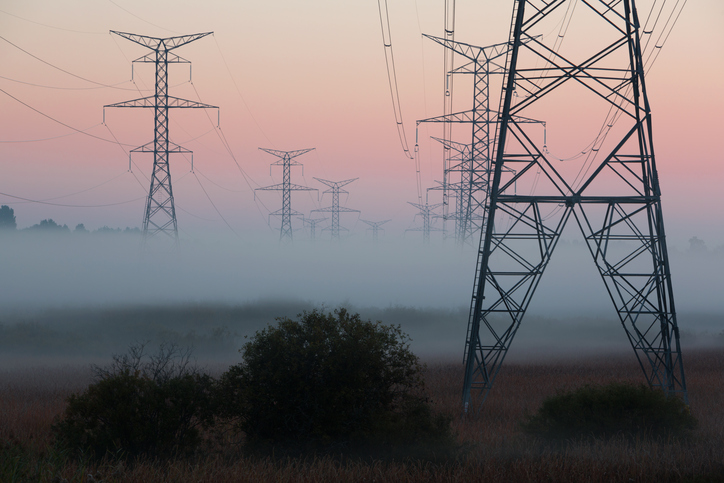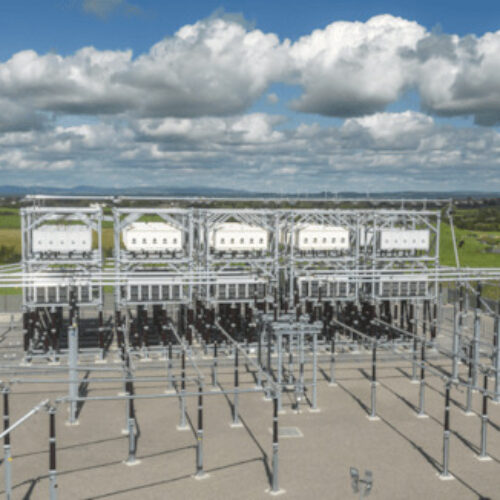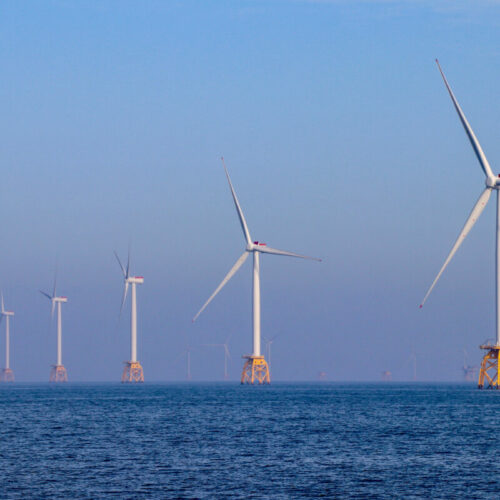Renationalisation of the UK’s energy networks could disrupt the low carbon, digital transition underway across the sector and fall short of delivering more renewable generation, according to the sector’s leading trade body.
On Monday, the Labour party doubled down on its pledge to bring both the transmission and distribution network companies back into public ownership in order to make the upgrades and investments needed to support “a transition to decentralised renewable energy”.
In a speech given at the Labour Party conference yesterday, shadow secretary of state for business, energy and industrial strategy Rebecca Long-Bailey set out Labour’s proposals to deliver a seven-fold increase in offshore wind power, representing 52GW, a doubling of onshore wind power and to almost triple the current levels of solar.
Having worked with “an expert team of energy professionals and engineers supported by leading academics,” she said this would help achieve Labour’s target of 60% of the UK’s energy demand from renewable or low-carbon sources by 2030.
However, the Energy Networks Association has asked if nationalisation of its members would achieve more than has already been achieved, with more than 30GW of distributed generation being connected in the last decade – much of it renewable.
An ENA spokesperson told Current±: “Britain’s current system has a strong track record of delivering for the public that is recognised the world over, and that includes helping deliver the record levels of renewable energy that we now see here in the UK.
“Britain’s energy network companies are some of the most innovative in the world and they are already well advanced in delivering a smart, clean and more flexible energy system for our homes and businesses. That includes finding new ways to connect renewable energy projects and electric vehicles. We need to think about the impact that nationalisation would have on that.”
Most importantly, the ENA claimed that a nationalised system would have to compete with the funding requirements of other more prominent areas of public policy such as health, education and defence.
The spokesperson added: “The current price control system can adapt quickly to deliver grid investment when it’s needed, can we say the same for a nationalised system?”
Labour’s plans could also stand to hurt the DSO (distribution system operator) transition underway via the Open Networks project, which since January 2016 has facilitated the shift towards a smarter, more active role in which regional networks have greater responsibly over local supply and demand.
“Both Open Networks and network operators’ DSO strategies are well-advanced, with there being a real sense of momentum behind the changes they are delivering. Any major regulatory change could impact on that and the ability of Britain’s electricity grid to deliver more renewable generation as quickly, as efficiently and as successfully as it has done in the past,” the ENA said.
Rebecca Long-Bailey’s office could not be reached to determine what discussions the shadow secretary or her team have had with the network companies on nationalisation.





